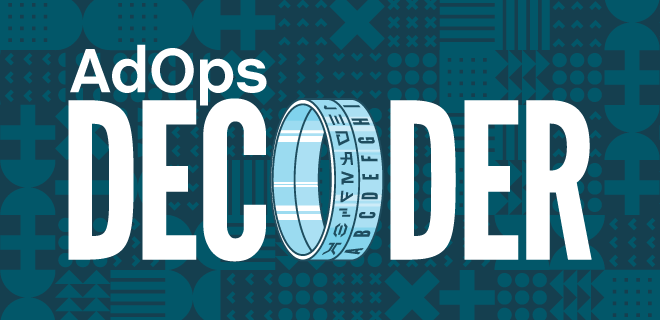
People forget, in this new-fangled world of proliferating devices, channels, and platforms, that there is a binding force connecting them all: your email address.
The email address is a digital passport. You need your email address to shop for goods (Amazon, eBay), to pay for them (Venmo), to coordinate that your packages won’t be stolen (UPS), to sign up for deals (newsletters), for social (FB, IG, Twitter, LinkedIn, TikTok) and to escape it all with streaming services, where you may or may not see ads for more goods (Netflix, Hulu, Disney+). We don’t share our email login or inbox with anyone, thus it maintains the rarified position of a straight dart to identity across devices.
Most people keep their personal email addresses forever. With all these considerations, it’s easy to understand why many see the email address as the key to the future of digital marketing and advertising. It can identify audiences cross-device and is people-based in nature. This key to identity and marketing to people is what makes the email hash so important to publishers and marketers. They need to reach known people in a privacy-safe way, and email is the best tool for doing so.
What Is the Email Hash?
The email hash is a 32-character code, unique to each email address. This code cannot be reversed, making it completely anonymous.
How Does Email Hashing Work?
Hashing takes a piece of data, like an email address, and converts it to a 32-character hexadecimal string. Every time this email address is run through the hashing algorithm, the same result is delivered. What that means is that your email address, a unique value, is converted to a unique hash string through this process. Originally used as a security feature, the email hash is now a useful identifier that works across every marketing channel.
For example – [email protected] hashed would be: e3dc577c33efb0645a65e7ed4bc65f16
What Are the Benefits of Email Hashing?
Communicate with clients across all screens and devices: Unlike the cookie, which represents an anonymous user, the email address represents a known customer. It is unique to that individual and remains persistent across all devices, apps and browsers.
Respect client privacy, without sacrificing accuracy: By hashing, your customers’ email addresses are transformed into matching segments that can’t be readily used for mailing, respecting the rights of your partners and customers.
For more on email hashing, check out this video from LiveIntent.